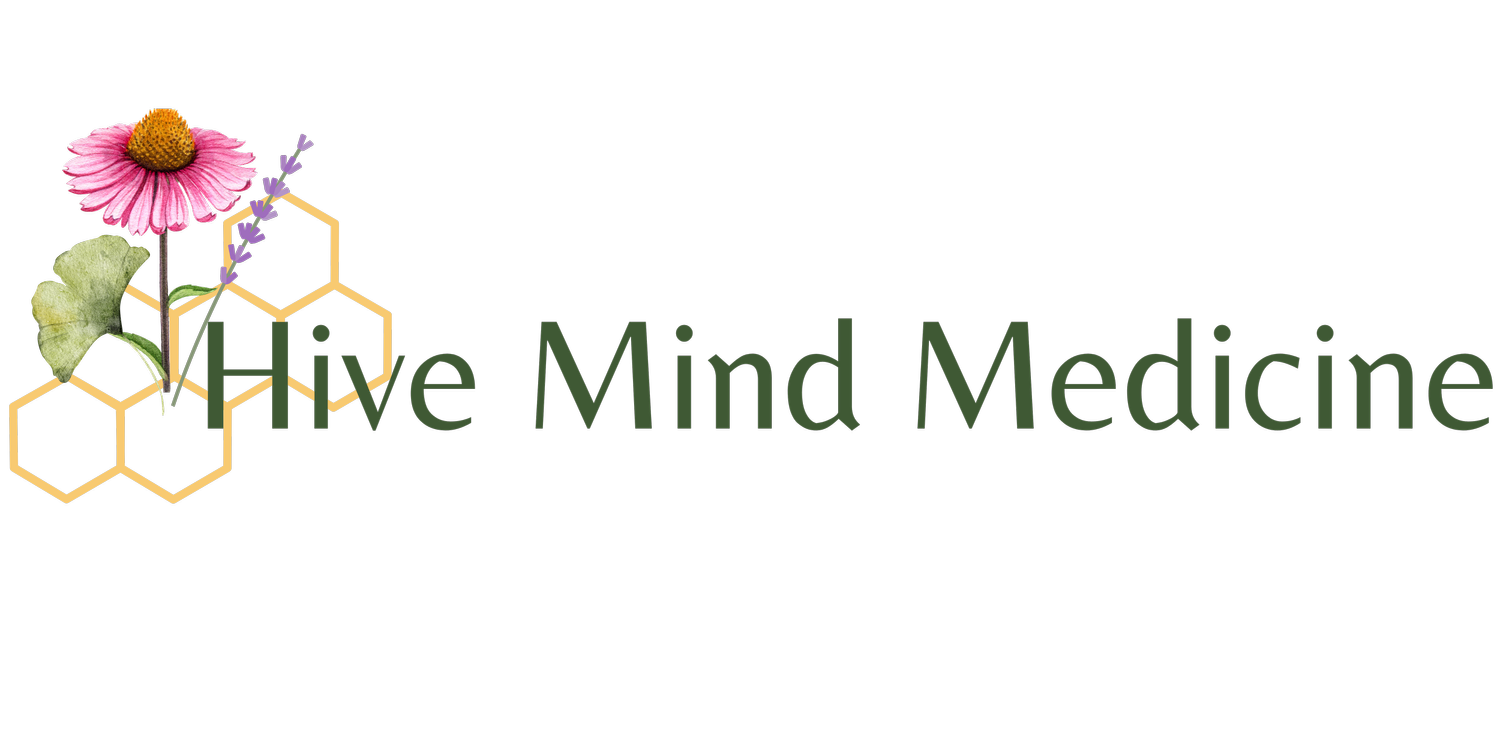Brain Fog? Try Neurofeedback
by Kayle Sandberg-Lewis, LMT, MA, BCN-Senior Fellow
Short term vs. long term brain fog.
You have probably had mornings when things seem out of sync - perhaps you’re not thinking clearly, or you just feel sort of blah. Maybe you were abruptly awakened by your alarm. Your sleep cycle wasn’t allowed to complete, and you were dragged from the depths only to have your brain not quite catch up with your body. This is a temporary situation that can usually be remedied by splashing cold water on your face or having a few sips of caffeine.
Perhaps you simply didn’t get enough deep, restorative sleep. If that’s not the norm, a couple of nights with solid sleep should get you back on top of your game.
But what if this state is not temporary? Day in and day out, thinking feels sluggish and getting through the day seems like a slog.
Over the years, I’ve worked with many people who have sought help for what they have all called brain fog. Brain fog is not a diagnosis. It’s an experience. Webster defines it as a “usually temporary state of diminished mental capacity marked by inability to concentrate or to think or reason clearly.”
Some of the ways it has been described to me:
“It’s like I’m stuck in quicksand.”
“I feel so dull.”
“I can’t talk on the phone anymore – I can’t track what people are saying.”
“I can’t remember anything.”
“I’m afraid I’m losing my mind.”
“Everything seems dim.”
“Nothing makes sense.”
“It seems like if I could just sleep more, I’d be OK, but no matter how much I sleep, it doesn’t clear up.”
Aside from interrupted sleep, what could cause brain fog? The folks I’ve worked with have presented with a variety of histories.
Chemotherapy and Anesthesia
One of my first clients after I introduced neurofeedback to my practice was a woman who had completed several weeks of chemotherapy. Prior to the chemo she had undergone two lengthy surgeries to address cancer. While she was happy the cancer was in remission, she complained of a “thick, impenetrable fog” that interfered with her enjoying her new status. Her goal of traveling abroad had been an enticement she had used to get through her medical ordeal. Both chemo and anesthesia have been associated with subsequent brain fog. I was as delighted as she was that neurofeedback proved helpful. The woman told me she felt sharp and ready to travel the world. All these years later, I continue to be pleased when post-surgery & chemo folks overcome brain fog, but I’m no longer surprised.
Traumatic Brain Injuries
Many survivors of traumatic brain injuries (TBIs) have complained of brain fog. A jolt to the central nervous system can cause the blood brain barrier (BBB) to “leak” causing poor cognition. Neurofeedback has helped reset the system and overcome the limitations caused by the leaky BBB.
Covid and long Covid
Now we learn that Covid and long-Covid have the same effect as TBIs on the BBB. As we’ve seen from TBIs, when the BBB is leaky, there are cognition problems. I’ve had years of experience using neurofeedback with TBI induced brain fog, but I’m just beginning to work with the results of Covid. Fortunately, neurofeedback has proven to have the same effect as with TBIs.
References:
Cascella M, Di Napoli R, Carbone D, Cuomo GF, Bimonte S, Muzio MR. Chemotherapy-related cognitive impairment: mechanisms, clinical features and research perspectives. Recenti Prog Med. 2018 Nov;109(11):523-530. doi: 10.1701/3031.30289. PMID: 30565571.
Cash A, Theus MH. Mechanisms of Blood-Brain Barrier Dysfunction in Traumatic Brain Injury. Int J Mol Sci. 2020 May 8;21(9):3344. doi: 10.3390/ijms21093344. PMID: 32397302; PMCID: PMC7246537.
Chen Y, Yang W, Chen F, Cui L. COVID-19 and cognitive impairment: neuroinvasive and blood‒brain barrier dysfunction. J Neuroinflammation. 2022 Sep 7;19(1):222. doi: 10.1186/s12974-022-02579-8. PMID: 36071466; PMCID: PMC9450840.
https://www.merriam-webster.com/dictionary/brain%20fog
Kayle Sandberg-Lewis holds a M.A. in Behavioral Medicine, the study of how what we do in our daily lives affects our well-being. She has over three decades experience in stress management and is board certified in neurofeedback, which she introduced to her practice in 1996.
Hive Mind Medicine blog posts are for educational purposes only and are not intended as medical advice. Please consult with your health care practitioner for personalized guidance.
